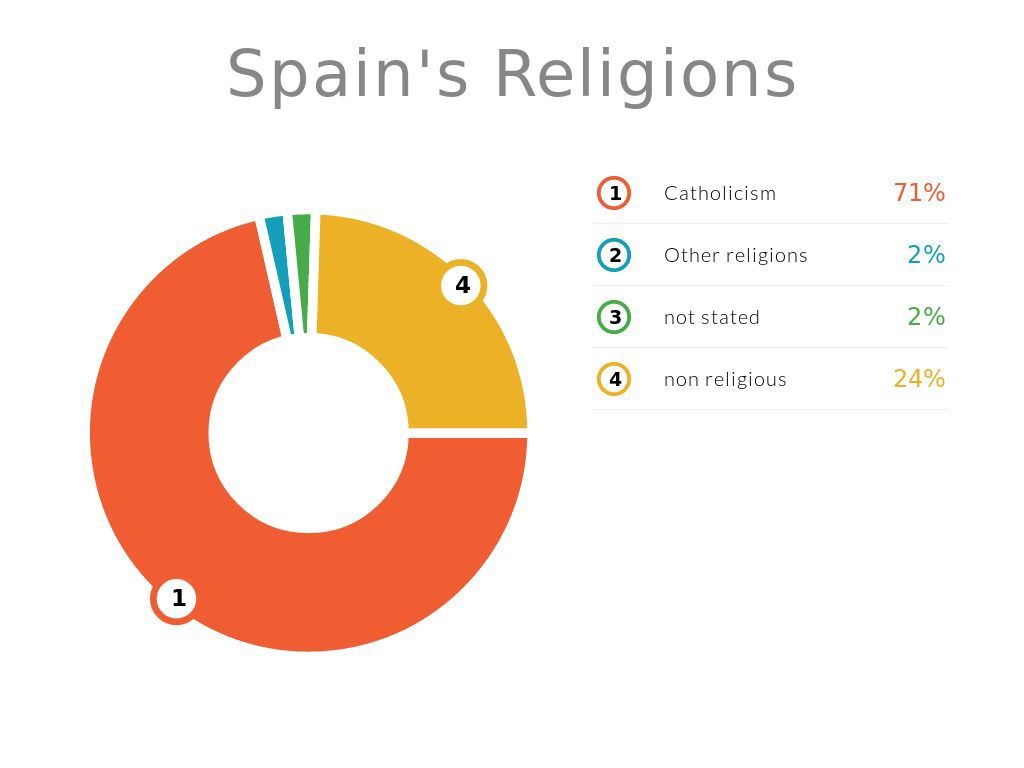Is Stoicism a Religion: Understanding the Philosophy vs Faith Distinction
Understand stoicism’s core nature
Stoicism stands as one of history’s well-nigh influential philosophical schools, yet confusion persist about whether it constitute a religion. This ancient Greek philosophy, found in Athens around 300 BCE, focus on practical wisdom, emotional resilience, and ethical living sooner than supernatural beliefs or divine worship.
The distinction matter because it affects how people approachStoicc practices and integrate them into their lives. Unlike religions that typically require faith in specific deities or supernatural phenomena, stoicism operate as a rational framework for understand human nature and achieve psychologicalwell-beingg.
Key characteristics that define religion
Traditional religions share several common elements that help distinguish them from philosophical systems. These typically include belief in supernatural beings or forces, organize worship practices, sacred texts consider divinely inspire, and institutional structures with religious authority figures.
Most religions besides emphasize faith as a pathway to understand ultimate truth, ofttimes require acceptance of concepts that transcend rational explanation. They often promise rewards or consequences in an afterlife, establish moral codes believe to be divinely ordain, and create communities bind by share supernatural beliefs.
Religious practices commonly involve rituals, prayers, or ceremonies design to connect practitioners with the divine. These systems oft claim exclusive or superior access to spiritual truth and salvation.
Stoicism’s philosophical foundation
Stoicism differ basically from religious systems in its approach to truth and practice. The philosophy emphasize reason as the primary tool for understand reality and make ethical decisions. Stoic teachings focus on what humans can control versus what lie beyond their influence, promote acceptance of external circumstances while maintain responsibility for personal responses.
The Stoic concept of virtue centers on four cardinal principles: wisdom, justice, courage, and temperance. These virtues are considered sufficient for human flourishing and don’t require divine intervention or supernatural assistance to achieve.
Stoic practices include daily reflection, negative visualization, and mindfulness exercises design to build emotional resilience. These techniques aim to reduce suffering through rational understanding instead than through faith or divine grace.
The role of fate and divine elements
Stoicism does incorporate concepts that might seem religious at first glance. The philosophy acknowledge a rational principle call the logos, which govern the universe accord to natural law. Nonetheless, this differs importantly from personal deities find in traditional religions.
Stoics view fate as the natural unfolding of cause and effect kinda than divine will that can be influence through prayer or worship. This deterministic worldview encourage acceptance of circumstances while emphasize personal responsibility for one’s responses and character development.
The Stoic concept of divine reason doesn’t require worship, prayer, or ritual observance. Alternatively, it represents the rational order underlie natural phenomena, accessible through human reason instead than faith or revelation.
Practical applications and modern relevance
Contemporary practitioners frequently find stoicism compatible with various religious beliefs or secular worldviews. The philosophy’s emphasis on practical wisdom and emotional regulation appeals to people seek psychological tools kinda than spiritual salvation.
Modern stoicism focus hard on cognitive behavioral techniques that parallel therapeutic approaches. Practitioners learn to examine their thoughts, challenge irrational beliefs, and develop healthier responses to stress and adversity.

Source: australiaunwrapped.com
The philosophy’s secular nature allow integration with existing belief systems without require abandonment of religious faith. Many Christians, Muslims, Jews, and adherents of other religions successfully incorporate Stoic practices into their spiritual lives.
Compare stoicism to religious practices
While stoicism lack traditional religious elements like worship services or sacred rituals, it does encourage regular practices that might seem quasi religious. Daily reflection, gratitude exercises, and philosophical study create structure similar to religious observance.
Notwithstanding, these practices serve different purposes than religious rituals. Stoic exercises aim to develop rational thinking and emotional stability kinda than connect with divine forces or earn spiritual merit.
The philosophy’s emphasis on community and mutual support mirrors religious fellowship, but Stoic communities form around share philosophical interests kinda than supernatural beliefs. Members support each other’s philosophical development without require doctrinal conformity.

Source: dev.hafnarfjordur.is
Historical context and development
Ancient stoicism emerge during a period when philosophy and religion oftentimes overlap more than they do presently. Early stoics like Zeno of cilium and Epictetus develop their teachings within Greek and Roman cultures that integrate philosophical inquiry with religious practice.
Nevertheless, Stoic teachers systematically emphasize reason over faith and practical wisdom over ritual observance. Still when stoicism influences earlyChristiann thought, the philosophical elements remain distinct from religious doctrine.
Roman stoics like Marcus Aurelius demonstrate how the philosophy could coexist with religious duties without become religious itself. Marcus fulfil his role as pontifex maximus while maintain Stoic principles base on reason quite than faith.
Common misconceptions
Some people mistake stoicism’s moral emphasis for religious teaching, but philosophical ethics differ from religious morality in important ways. Stoic virtue derive from rational understanding of human nature quite than divine commandments or reveal truth.
The philosophy’s focus on acceptance and inner peace sometimes get to confuse with spiritual surrender or religious submission. NeverthelesStoicoic acceptance stem from rational recognition of what lie beyond personal control, not from faith in divine will.
Another misconception involve view Stoic practices as worship or prayer. While stoics engage in regular reflection and gratitude exercises, these activities aim to develop wisdom and emotional resilience kinda than communicate with supernatural beings.
Integration with existing beliefs
Stoicism’s non-religious nature make it accessible to people across the belief spectrum. Atheists and agnostics appreciate its rational approach to ethics and emotional intimately being without supernatural requirements.
Religious practitioners frequently find Stoic principles enhance quite than conflict with their faith traditions. The philosophy’s emphasis on virtue, self-discipline, and service to others align with many religious teachings while remain philosophically distinct.
This compatibility allows individuals to adoptStoicc practices selectively, take what serve their personal development while maintain their exist worldview. The philosophy doesn’t demand exclusive allegiance or comprehensive lifestyle changes.
Scientific and psychological validation
Modern research support many Stoic principles, lend scientific credibility to the philosophy’s practical claims. Cognitive behavioral therapy incorporate techniques outstandingly similar to ancient Stoic exercises, demonstrate their psychological effectiveness.
Studies on resilience, emotional regulation, and stress management validate Stoic approaches to mental health and advantageously being. This scientific backing distinguish stoicism from faith base systems that resist empirical evaluation.
The philosophy’s emphasis on rational thinking and evidence base understanding aligns with scientific methodology instead than religious faith. Practitioners can test Stoic principles through personal experience and observation quite than accept them on authority or revelation.
Conclusion: philosophy, not religion
Stoicism operates as a comprehensive philosophical system quite than a religion, despite share some superficial similarities with religious practices. Its foundation in reason, emphasis on practical wisdom, and lack of supernatural elements distinctly distinguish it from traditional faith traditions.
The philosophy’s accessibility to people of diverse backgrounds and beliefs reflect its secular nature. Whether someone practice Christianity, Islam, Judaism, Buddhism, or maintain secular worldviews, Stoic principles can enhance their approach to life’s challenges without conflict with existing commitments.
Understand this distinction help people approach stoicism befittingly, neither expect religious fulfillment nor dismiss its profound practical value. The philosophy offer powerful tools for personal development and emotional intimately being through rational understanding quite than faith, make it a valuable complement to whatever belief system individuals already embrace.



